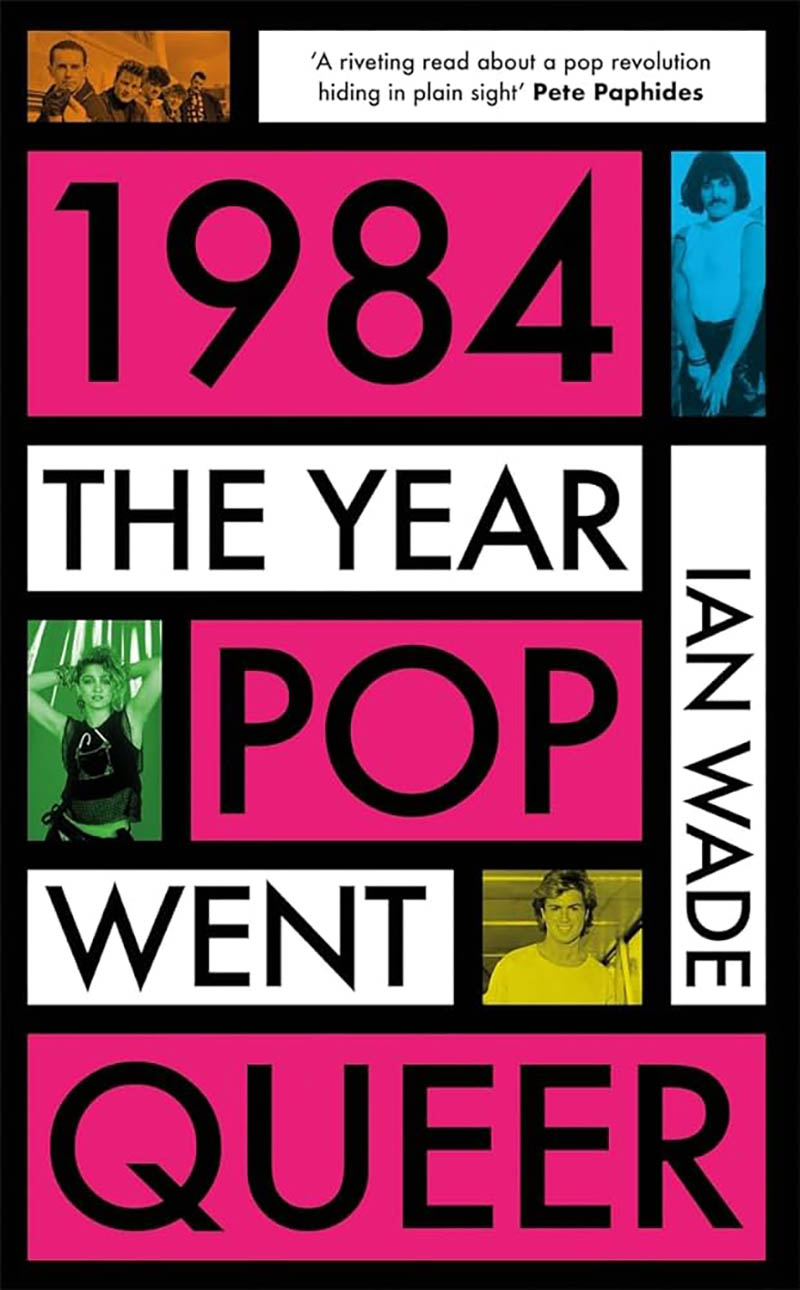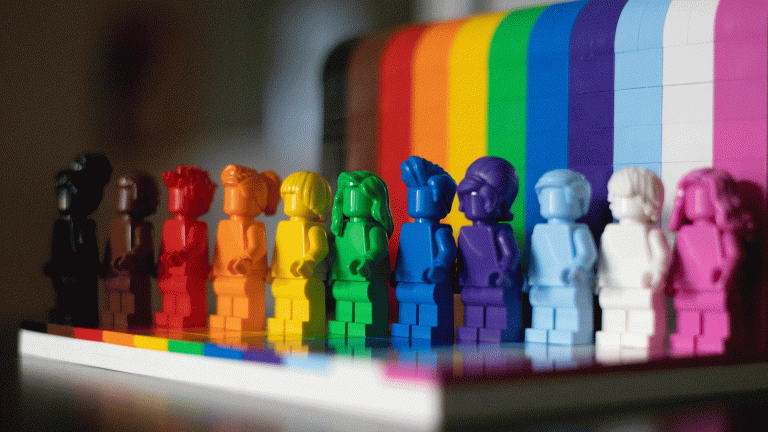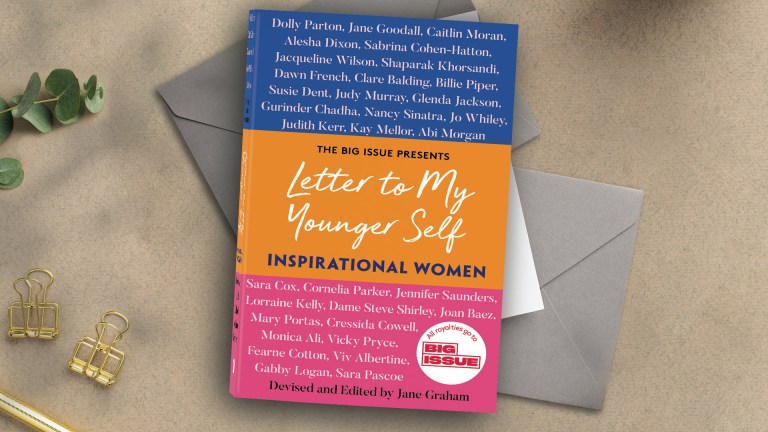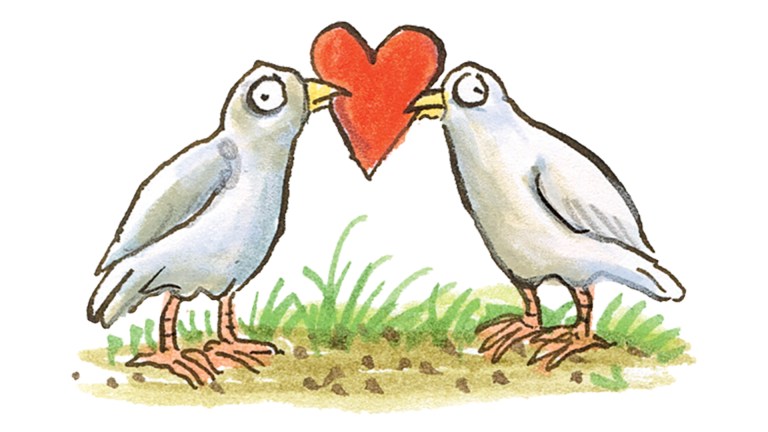A resonant ode to the gay pop revolutionaries who ruled the UK charts during a particularly bleak era for marginalised sectors of society, 1984: The Year Pop Went Queer by music journalist Ian Wade does what all the best pop books do – it celebrates the music and the artists who made it while doubling up as an acute piece of social history.
Wade argues that 1984 was a pivotal year in terms of gay visibility within the mainstream. This, of course, was the year of Frankie Goes to Hollywood, co-architects with producer Trevor Horn of punk-disco behemoth Relax – in Wade’s words, “possibly the most homosexual record ever made”.
Frankie revelled in uncompromising provocation via their tough underground gay club scene aesthetic. The Village People’s leatherman looked positively quaint by comparison.
It’s a recurring theme throughout the book – in 1984, many queer artists finally felt able to express themselves openly while selling loads of amazing, accessible pop records to gay and straight audiences alike.
Lest we forget, this remarkable feat, this bold, subversive political statement, took place against a hostile backdrop of virulent homophobia drummed up by Thatcher’s government and its right-wing tabloid media lackeys. The tragedy and injustice of the Aids epidemic informs every single page of this saga. It also explicitly foreshadows the bigotry directed towards the trans community in this supposedly enlightened day and age.
Frankie aside, Wade devotes comprehensive chapters to key zeitgeist-defining heroes such as Wham!, Pet Shop Boys and Bronski Beat, as well as LGBTQ+ allies Cyndi Lauper and Madonna. He also writes sensitively about the gay pop stars who worried – for various, entirely understandable reasons – about the repercussions of coming out publicly.










